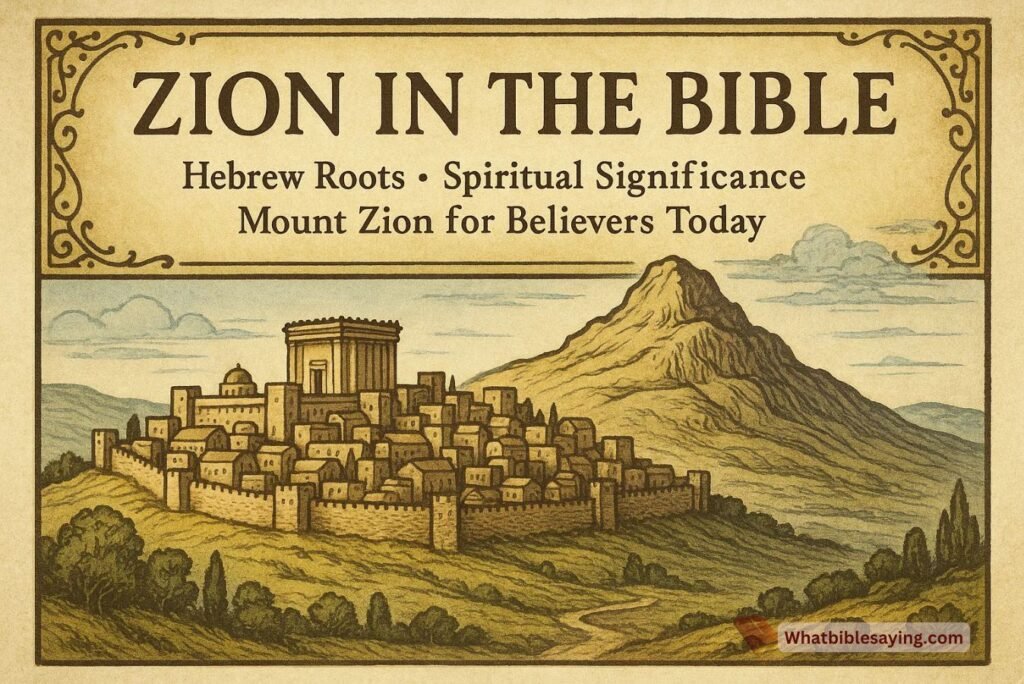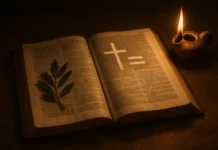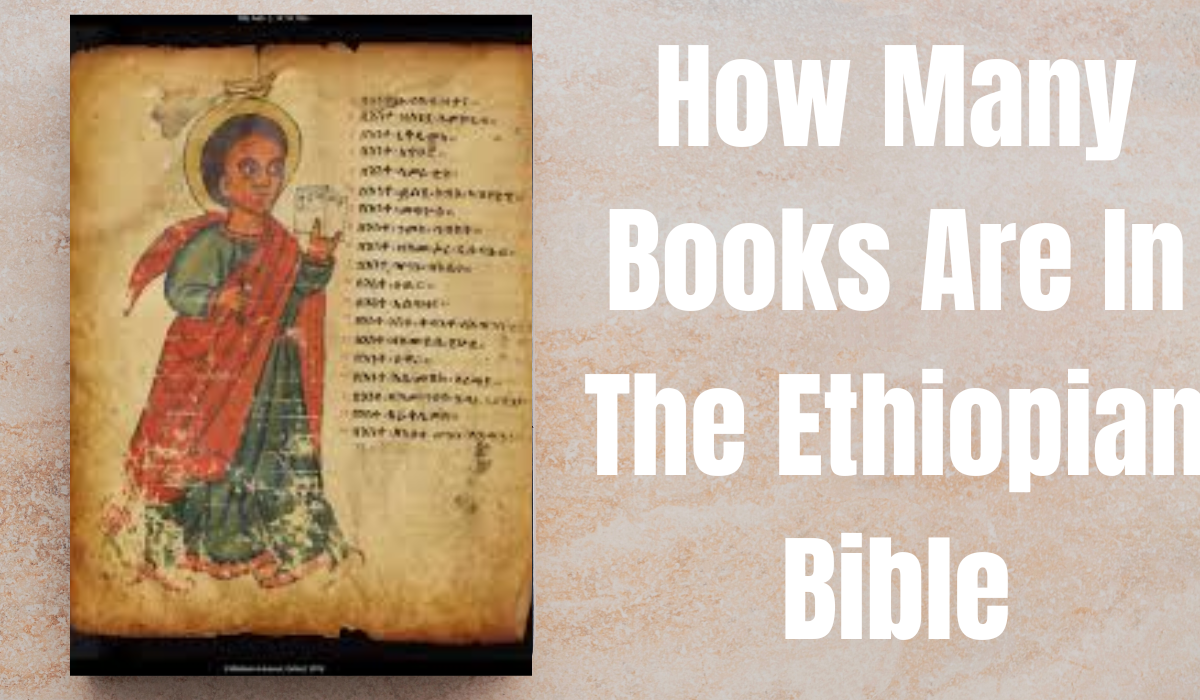Introduction: Why Zion Matters
When you open your Bible and come across the word Zion, it stirs something deep. It feels more than just a name. It’s not only a location but also a symbol filled with history, faith, and hope. Zion is a word that runs like a thread from the Old Testament to the New Testament, carrying with it physical meaning, spiritual significance, and promises for the future.
For many Christians, understanding what Zion means is essential to grasping God’s larger story of redemption. Is Zion the promised land? Is it the same as Israel? Or does it carry a deeper spiritual meaning for believers today? Let’s walk together through Scripture and discover the beautiful layers of Zion.
Zion in Hebrew: The Original Meaning
The word “Zion” (Hebrew: Tsiyyon) first appears in the Old Testament. In Hebrew, the term means “fortress” or “monument.” It was originally used to describe a stronghold in Jerusalem during the time of King David. Over the centuries, the meaning expanded to include:
The city of David
Jerusalem itself
The temple mount where God’s presence dwelled
A symbol of God’s chosen people and His dwelling place
This makes Zion more than a geographical landmark, it becomes a symbol of God’s presence with His people.
Mount Zion in the Bible: A Place of History
David Captures Zion
The first mention of Zion in Scripture comes in 2 Samuel 5:7, where David captured the fortress of Zion from the Jebusites and made it the “City of David.” From then on, Zion was tied to God’s chosen king and the establishment of Jerusalem as Israel’s capital.
The Temple Connection
Later, Solomon built the temple in Jerusalem. This solidified Zion’s connection to worship, sacrifice, and the presence of God. To the Israelites, Zion became the heart of their spiritual life. Psalms often sing of Zion as God’s holy hill (Psalm 2:6) and His eternal dwelling (Psalm 132:13–14).
Prophets and Zion
Prophets like Isaiah, Jeremiah, and Micah spoke of Zion as the center of God’s future promises. Isaiah 2:3 says, “For out of Zion shall go forth the law, and the word of the Lord from Jerusalem.” Zion became the stage where God’s redemption plan would unfold.
Is Zion the Promised Land?
This is an important question. Many people think Zion is identical with the Promised Land, but there is a distinction.
The Promised Land refers to the territory God gave to Abraham’s descendants (Genesis 12:7; Joshua 1:4). It is a broad region including much more than Jerusalem.
Zion, however, specifically points to Jerusalem and God’s dwelling with His people.
So while Zion lies within the Promised Land, its meaning is narrower and carries stronger spiritual symbolism.
The Difference Between Zion and Israel
At times in Scripture, “Zion” and “Israel” are used almost interchangeably, but they are not the same.
Israel refers to the nation, the descendants of Jacob, and the covenant people of God.
Zion often refers to Jerusalem, the city at the heart of Israel, or metaphorically to God’s faithful remnant.
Think of Israel as the whole body, and Zion as the heart beating at its center. Israel is the nation, but Zion is the spiritual soul.
What Happened on Mount Zion in the Bible?
Several key biblical events center on Zion:
David’s reign: Zion became his royal city.
Solomon’s temple: Zion was the site of God’s dwelling place among His people.
Prophetic visions: Isaiah and others saw Zion as the future home of God’s glory.
Jesus’ ministry: Though not always named directly as Zion, His death and resurrection in Jerusalem fulfill the promises tied to Zion.
When you think of Zion, you see both history and prophecy converging in one holy place.
The Spiritual Meaning of Zion
As Scripture unfolds, Zion takes on a spiritual dimension beyond its physical city.
Zion as God’s Dwelling
Psalm 132:13–14 declares: “For the Lord has chosen Zion, He has desired it for His dwelling.” Spiritually, Zion becomes the place where heaven and earth meet, where God lives with His people.
Zion as God’s People
In Isaiah 51:16, God says, “You are My people, and I have put My words in your mouth … and say to Zion, ‘You are My people.’” Here Zion represents the faithful community who belong to God.
Zion in the New Testament
In Hebrews 12:22–23, believers are told: “You have come to Mount Zion, to the city of the living God, the heavenly Jerusalem.” For Christians, Zion now means the spiritual kingdom we belong to in Christ.
Where Is Zion in the Bible Today?
Today, Mount Zion refers to a hill in Jerusalem, just outside the old city walls. Tourists can visit it, and it still carries deep symbolic weight for Jews and Christians.
But for believers, Zion is not only a place you can find on a map. Spiritually, Zion is present wherever God’s people gather in His name, worship Him, and await His kingdom.
Zion as a Picture of the Future
The book of Revelation speaks of a new Jerusalem coming down from heaven (Revelation 21:2). This heavenly city is sometimes called Zion, the eternal home of God’s people.
Here, Zion becomes the final destination of believers, the place where God Himself will dwell with His children forever.
Lessons Zion Teaches Us
When we reflect on Zion, we find powerful lessons:
God’s presence is central – Zion reminds us that life is about living in God’s presence.
God fulfills His promises – Just as Zion was chosen, so too God fulfills His word to us.
Zion points us to heaven – The physical city was only a shadow of the eternal city awaiting us.
We are part of Zion – Through Christ, we are already citizens of God’s heavenly Zion.
Zion in Worship and Song
Even today, Christians sing of Zion. Hymns like “Marching to Zion” and countless psalms remind us of the hope tied to this word. Zion is not just history, it is alive in worship, faith, and expectation.
A Pastoral Reflection
As your pastor-friend in Scripture, let me share this: Zion is a reminder that God never leaves His people. He has a place prepared for us. Just as Jerusalem was the center of worship for Israel, so Christ is the center for us today. And just as Zion became the hope of prophets, so it becomes our hope of eternal life with God.
When you think of Zion, think of home, not just any home, but the eternal dwelling of God with His people.
Conclusion: What Is Zion in the Bible?
Zion began as a fortress, grew into Jerusalem, became the temple mount, and blossomed into a symbol of God’s people and God’s presence. It is history, it is prophecy, and it is promise.
For us today, Zion means belonging to God’s eternal kingdom. It means hope. It means the assurance that we are God’s people, gathered in His presence, moving toward His heavenly city.
So the next time you read about Zion, let it remind you of the heart of the gospel: God with us, now and forever.













